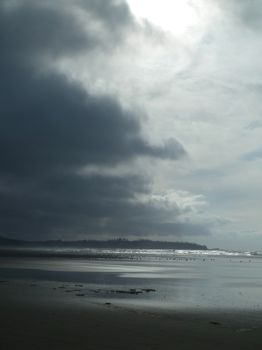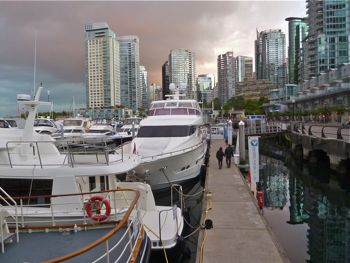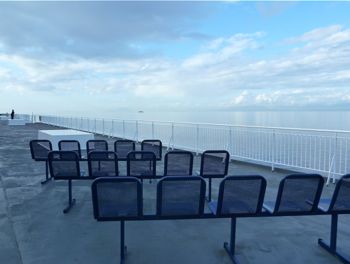Life Guidance Series Part 7: Good Guidance Changes Energy

Intuition and Guidance are always accurate: If it’s not accurate it is not Guidance or intuition but conjecture, guessing, projection, interpretation, or belief.
Learning to tell the difference between Guidance and personal opinion is a foremost task of an ethical person in the role of guide.
“Guidance” that does not resonate with personal meaning or change our energy and the way we live our lives is merely information, no matter how obscure, spiritual, or esoteric, and regardless of its source.
Sensing changes in the body’s energy systems (chakras, meridians, fields, etc.) can provide direct and immediate feedback for the effectiveness of guidance.
Most of us can access some degree of Guidance some of the time. We may or may not be able to differentiate it from our general welter of thoughts, feelings, sensations, and input from external sources.
Learning to sense the ways it impacts our energy is a skill that magnifies the effects of Guidance. Energy feedback trains us to recognize Guidance with greater confidence. Guidance can direct energy work while energy work enhances Guidance.
Giving or recognizing genuine Guidance requires being deeply in touch with yourself. Since energy reflects our actualities rather than our conceits, paying attention to energy aids self-awareness. Energy mirrors us. Authenticity is a huge advantage in the world of energy.
yourself. Since energy reflects our actualities rather than our conceits, paying attention to energy aids self-awareness. Energy mirrors us. Authenticity is a huge advantage in the world of energy.
What is Good Guidance?
Good guidance makes immediate, healthful changes in the body’s energy systems. It is directly applicable to current life themes. If Guidance is used to look into the past, its usefulness comes from the past’s relevance to current goals, needs, and directions.
The most important guidance assists us to align directly with who we really are inside, and to bring forth hidden qualities and inspiration.
Good guidance helps us to clarify and anchor what we learn through life experience and inspires us to move into new territory. A point of view aligned with purpose and free flowing energy eases us and helps us to adjust positively to our circumstances.
A good guide identifies, supports and refines the most constructive direction in which we are just beginning to move. We are ready for and able to apply this guidance.
Good guidance fits like an ideal shoe for your foot shape and size. Words that guide one person may rub another raw, slop around in their life without providing support, or leave them unbalanced as they walk forward. Concepts, directions, inspiration, ideas, or instructions for something as significant as guiding your life should fit well. You don’t want blisters on your dharma (life walk).
A good guide is like a tug boat. Tugs bring huge ocean liners into dock or set them out to sea, safely and reliably. A tug serves the liner, which has its own power but allows the tug to navigate in tight spaces. The tug is not the focus or the point, but the movement of the liner.
A skilled energy healer can can see or feel a client’s energy changing in response to verbal input. Skilled energy healers often become effective guides: If you can see the energy change as you talk, you refine your skill by seeing what is actually working.
In my healing practice I used to do more direct energy work and less discussion. Now I discuss the issues that will allow the client’s energy to shift as I begin to address energy symptoms–and accomplish more in the course of a session. Done accurately, the discussion IS direct energy work.
Energy work and effective guidance accelerate one another. Appropriate shifts and changes in your energy systems advance the speed at which you can respond to guidance and put it into practice.
Energy interventions and Guidance work together when you work on your self too. Working with your energy assists intuition. For example, you may practice Qi Gong, visualize cleansing your fields, or balance your chakras and find that you get strong intuitive hits during or after your practice. Your intuition will also assist you in directing your energy practice.
What have YOU noticed about the way energy practice or therapies impact your intuition and your ability to apply your insights in daily life?
What makes YOU trust your intuition when you do?


























